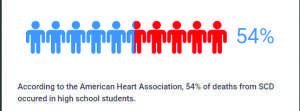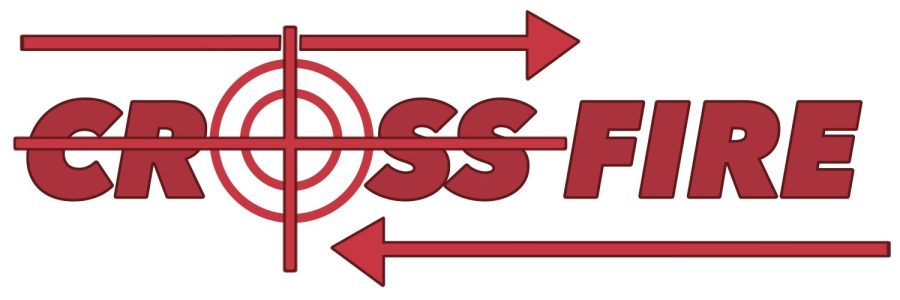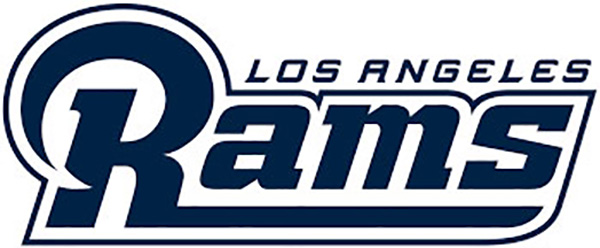By Ashley Reiss
Student Life Editor
A young healthy athletic high school student runs down the court dribbling the ball, the crowd is on their feet as the star player attempts to make the final shot that would win the championship, but he starts to plunge toward the ground without warning. The ball slips from his hands, as the players freeze. An unsettling silence moves over the crowd. All that is audible is a gasp from the mother in the stands, he lays there, lifeless.
This is what is striking the fear in parent’s eyes after hearing stories like the one above. They are scared it will be their son or daughter while they are playing their favorite sports.
Sudden Cardiac Death (SCD), the “death that is abrupt, unexpected and due to cardiovascular cause,” according to Annals of Pediatric Cardiology is the cause of some players doing exactly that, suffering from cardiac arrest leaving them to die on the court.
The worst aspect of this condition is in the name, “sudden” as it has very few symptoms, if at all, and is causing a debate whether children–high school students and college students– should be screened for EKG’s (Electrocardiography).
An EKG or sometimes referred to as ECG is a test that looks at and checks for problems with the electrical activity of the heart which is recorded with waves on a paper. This test is superior to the physical exams given as of recent date, although there are problems that come with this exam, furthering the debate whether EKGs should be mandated for student athletes.
N.C.A.A. Chief Medical Officer, Brain Hainline, stated recommendations that all male
basketball players should be screened for an EKG, after a study in 2011 showing an increase correlation of deaths, one in 5,200 per year, were dying because of SCD. But retracted the statements after a protest and signed petition of more than 100 college’s questioning the effectiveness of these screenings.
“It’s not an old thing, to try and mandate EKGs but it’s like anything else to rule out heart problems if something like that happens. But the rarity of the condition of the heart problem is such that the expense finding a very small problem may not be reasonable. As well it would be eliminating some from playing for no reason as much as finding the people they need to protect. This is like looking for a needle in a haystack” athletic trainer Brain Schdlinger said.
The EKG is found to produce results that are considered false-positives—results that state there is a problem when there is none. This will, if mandated for all players to undergo EKG screenings, put otherwise healthy individuals on the sidelines. It also will result in the families of the false positives to undergo more extensive and expensive unneeded testing, in addition to trauma that comes with a positive reading.
According to sports medicine specialist David Geier, a doctor at the tests could potentially result in false positives for about 500,000 students.
Not only can the test produce false-positives, the opposite can happen. Someone could read an EKG wrong or could not foresee a problem on the scan, that there is in actuality a real problem. This will lead parents to have a false security blanket.
The studies following SCD are murky and some studies show that the number of athletes suffering from SCD is too low to be of concern. The shock factor of this condition is startling, because why should a healthy athlete die, especially of a cardiac condition with no symptoms?
Some studies support the use of EKGs, such as a study done in Italy. The study followed the rate of SCDs of student athletes two years before the implementation of EKG’s versus 22 years after EKG’s were enforced. The study found an astounding 90 percent reduction of SCD, leading to the routine use of EKG screening in the examination of athletes in Europe.
A similar study was done in Israel, This study found no change in the number of SCD’s and ruled that the EKG did not influence or help whether athlete would survive.

Other studies show that only 25% of the already rare condition, SCD, involves young people playing sports. “The risk of being struck by lightning is about the same,” said Benjamin Levine, professor at the University Of Texas Southwestern Medical Center.
“I think that putting your health above playing sports is more important,” junior varsity basketball player Thyra Tuttle said.
The American Heart Association as well as the American College of Cardiology opposes enforcing all student athletes to undergo EKG screenings.
They are employing a more rigorous questionnaires concerning cardiac problems such as family history and whether the athlete has faced chest discomfort. They will flag individuals to then determine if they need further examinations involving EKG screenings.
Additionally, the N.C.A.A. is administering guidelines that involve training of CPR and Automatic Defibrillators to be placed on hand of schools for these types of situations in case they do happen.








